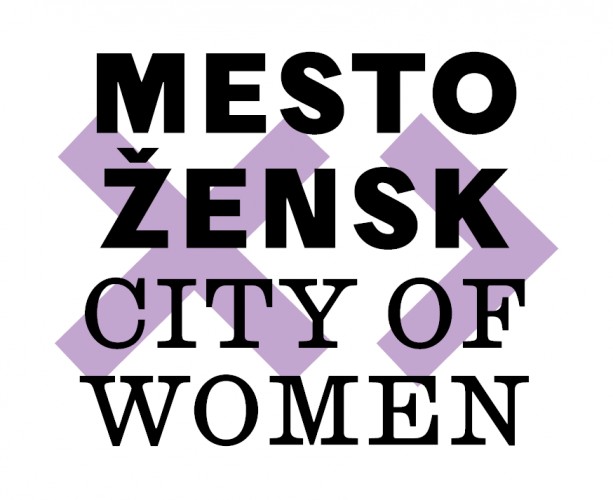Geneviève Castrée alias WOELV, Canadian comic artist, singer, guitarist and songwriter, gives us an excerpt from her book-record in progress entitled Tout Seul dans la Forêt en Plein Jour (All Alone in the Woods on an Ordinary Day). Her recent comics and songs make a clear statement against the American crusade against terrorism, which is – for an author known for her poetic and introspective stories – a rather distinctive thematic shift. Geneviève’s narrative features a girl, hair ruffled and dressed in anguish, who finds friends and lovers in the woods and mountains, among bears and monkeys, in bars and factories, between cats, people and robots. In a decade of creative process, Geneviève Castrée's wild inner world has become more accessible, her drawings seem purified and placid, but this sensation may be deceptive. Accompanied by fragile, mainly acoustic songs, which complement her graphic novels, the walk through woods on an ordinary day may transform into facing the fears of night...
WOELV – the musical countenance of Geneviève Castrée – is, in her own words, an addition to and completion of a lot more exhausting comic work. Accompanied by guitar, drums and harmonium, she plays her own compositions, namely those tender dreamy songs recorded on her 2004 Pamplemoussi album, as well as the single Gris from 2006. She sings in Québéçois French with a very strange accent, which sounds unusual even to the natives of her hometown Québec. The reason behind this may be that WOELV understands her maiden voice as an instrument that shifts from the semantics of language and willingly succumbs to the intensive feeling of the music and lyrics. She says that these songs ''should speak of peace and justice. I believe that the only positive thing about conflict – any conflict – is its end… ''


